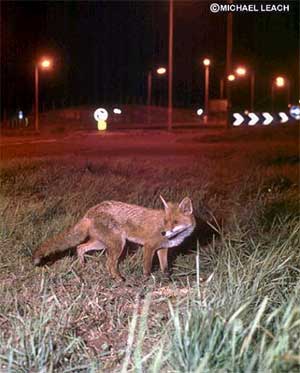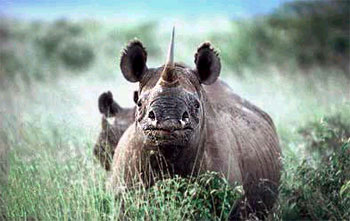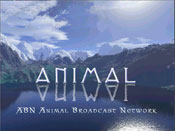Dead by the side of the road and other American tragedies

photo courtesy: Michael Leach Photography*
This Halloween there is nothing more frightening than the prospect that after election day we may be looking at more road construction, increased traffic jams and even higher fuel costs.
Special interests headed by the Road Builders Association and including among others: The Florida Truckers Association, Anheuser-Busch and CSX have formed a committee to oppose the train. They've raised millions in PAC money to fund Governor Bush's campaign against high speed rail and against the wishes of the voters in the last election.
The "Bullet Train" as it has come to be called is calculated to be an efficient alternative transportation system that, when completed, will criss-cross the state linking major population centers and tourist destinations for a fraction of the cost of building more roads. The train will produce little or no pollution once electrified and use, where possible, existing roadway medians.
Designers plan to integrate the system seamlessly over the next decade joining it with existing air and water transportation hubs, reducing road congestion and increasing visitor access to the state.
However for many interested Floridians the real benefit of the bullet train is not economical but rather environmental. Roads and road building have become the major polluter of Florida's environment. Tourism, the primary industry in Florida, seasonally brings millions of visitors to the Sunshine State and with them rental cars and hundreds of millions of tourist miles spent in frustrating traffic jams and increased automobile related injuries and death.
Among the dead every year are countless millions of Florida's endangered wildlife. By the thousands they die daily simply trying to exist in a landscape once so familiar and peaceful now grown divided and deadly. With each new road project animals not killed outright are forced to evacuate the only home they know and seek shelter elsewhere, often dying of exposure or killed crossing yet another road to an uncertain destination.
The existing rail mandate would significantly reduce wildlife mortality and as a further bonus provide relief to an otherwise overstressed ecosystem. Land now slated for highway construction could be preserved in huge tracts as wetlands and natural habitat thus preserving Florida's natural beauty and increasing our visitor appeal.
Consider that increasingly larger numbers of Europeans visit Florida every season, they come from countries where rapid rail is the norm, and it only makes sense to offer a safe, efficient and modern rail system for their comfort and to protect our environment.
Amendment 6 prososes to reverse the decision to build the high speed rail system in Florida so a NO vote, against amendment 6, will allow the rail to proceed.
____________________________
Defenders of Wildlife contributed to this aticle
*Michael Leach - Wildlife Photographer and Author travels the world to photograph animals in their natural habitat, you can see more of his galleries by visiting michael-leach.co.uk/
____________________________
Elsewhere
10/29/04
CLEARWATER MARINE AQUARIUM
Dale Schmidt, Executive Director of Clearwater Marine Aquarium, announced his resignation...















